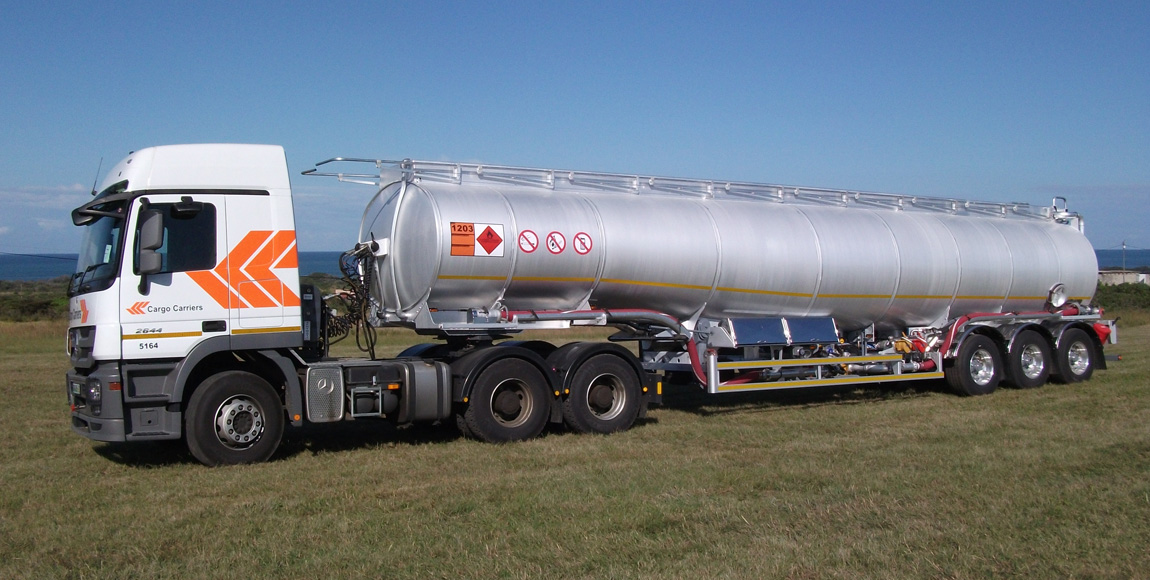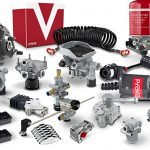Top fuel transport turn-ons

Andre Jansen van Vuuren, marketing director at Cargo Carriers, highlights the results of a recent survey designed to assess the needs of buyers of fuel transportation
Getting large volumes of fuel from A to B isn’t easy. The stakes are high, with tiny margins for error. Since time, money and, potentially, lives are on the line, energy industry leaders give careful thought as to which operator to use to transport fuel.
That’s one of the findings of a recent survey that considered the needs of buyers of fuel transportation. So, what do customers look for when deciding on a provider?
Survey respondents were senior managers across multiple industries, including the energy industry. The results can be analysed broadly – or more specifically.
However, it’s when analysis takes place at a granular, per industry, level that important details that otherwise might be missed are revealed – yet, the overall results provide the background without which a comparison would be meaningless.
I’ll focus on the results gathered from the energy sector and, where pertinent, compare them with the overall findings.
Not all the findings were expected. One of the criteria rated was prospective fuel transporters B-BBEE and black ownership status. The research suggests that the energy industry sees these as important prerequisites, but no longer as differentiators.
While they require these needs to be satisfied, they are now looking beyond them to other factors to differentiate one supplier from another. This finding was mirrored in the broader cross-industry results. So, what new insights did the research reveal?
Having the technology to eliminate underloading, theft and other losses, and having industry-leading safety health environment and quality (SHEQ) standards, came in joint first place in the energy industry’s importance ranking of fuel transporter attributes – with a very high score of 6,25 out of 7. This was in contrast to the data gathered across industries which revealed operational excellence and efficiency to be the most important attribute.
Underloading and theft have always been a concern in the fuel transport sector. This is still the case. As the price of fuel rises, so does the value of a payload, with the largest fuel tankers now carrying fuel valued at half a million rand when full.
As the technology used to mitigate the loss is expensive, many transporters don’t install it. However, amortised over many loads and many litres, the cost of a system is likely to be lower than the cost of fraud and theft. Transport buyers in the energy sector should be aware of the real cost of not using a transporter with this technology.
Energy industry leaders clearly realise the huge risks associated with compromising on SHEQ standards. Such risks go beyond the obvious, negative consequences of injury or death, extending into the less serious, but more probable, arena of the risk of reputational damage.
As to be expected, the energy sector is more safety conscious than other industries as a whole. The industry’s joint second most important attributes for suppliers were operational excellence and efficiency, and cost competitiveness.
The former of the two attributes is a catch-all trait, which demonstrates that customers place a high value on a professional service – one which effectively allows them to confidently delegate the responsibility of fuel transport. In a modern-day world where just-in-time, and safety and risk are important, high levels of service are critical differentiators.
The high ranking of cost competitiveness (with a score of 6,17) rather than lowest prices (a score of 5,50) is evidence of the energy industry’s intuitive understanding of the axiom: you get what you pay for – and that a decision made on price alone could be penny-wise and pound foolish. Customers are prepared to pay to reduce risk and to increase service. The favouring of value over price was also implied by cross-industry results.
The aforementioned were just some of the many findings of the survey. The research clearly shows that energy industry leaders should not – and do not – take their choice of fuel transporter lightly.
Published by
Focus on Transport
focusmagsa




